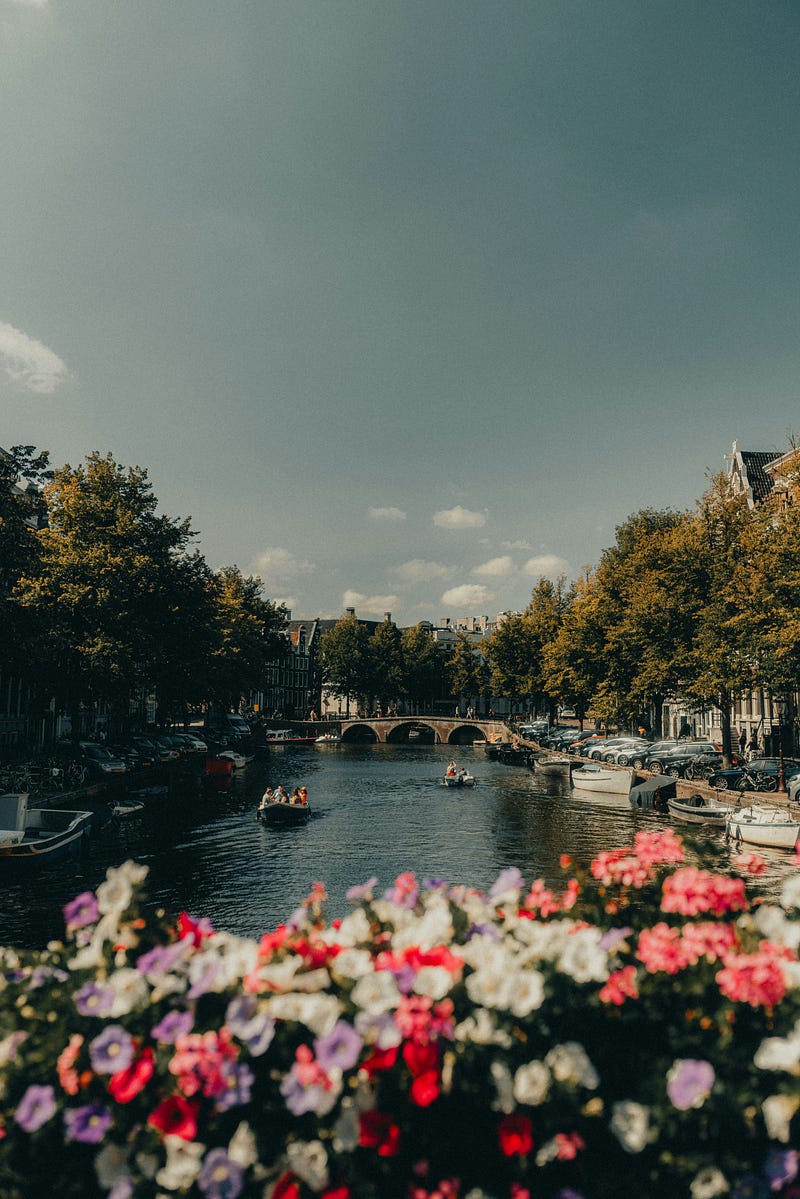Exploring Pre-Islamic Religion and Society in Arabia
Written on
Chapter 1: The Religious Landscape of Pre-Islamic Arabia
Before the emergence of Islam, the Arabian Peninsula was predominantly idolatrous, with only a handful of individuals adhering to religions such as Christianity or Mazdaism. The inhabitants of Mecca, while acknowledging the concept of a singular God, also held the belief that idols could mediate His will. Interestingly, the Meccans did not subscribe to the beliefs surrounding Resurrection or an afterlife.
Despite having a historical pilgrimage to the Ka’bah, rooted in the traditions of their forefather Abraham, the original significance of this rite had diminished over the two millennia. It had devolved into a mere commercial event, characterized by rampant idolatry, which detracted from the spiritual and social integrity of the people.
Mecca, although limited in natural resources, was the most advanced of the major cities in the region. It functioned as a city-state, governed by a council composed of ten hereditary leaders who maintained a clear division of responsibilities. These leaders included ministers overseeing foreign relations, temple guardianship, oracles, and the management of offerings. Additionally, there were officials handling legal matters and military affairs.
As prominent leaders of trade, the Meccans secured permissions from neighboring empires such as Iran, Byzantium, and Abyssinia to facilitate their commercial activities. They also entered into agreements with various tribes along caravan routes, offering protection to travelers passing through their lands.
While the Meccans showed little interest in preserving historical records in written form, they were passionate about the arts, particularly poetry, oratory, and storytelling.
Women in pre-Islamic Arabia generally experienced favorable treatment. They had the right to own property and could consent to marriage contracts, often including stipulations that allowed them to initiate divorce. Widows and divorced women had the freedom to remarry. Although the practice of burying female infants existed among certain groups, it was relatively uncommon.
Section 1.1: The Pilgrimage to the Ka’bah
The Ka’bah pilgrimage, originally established as a divine rite, transformed over time into a commercial fair, reflecting the societal shifts in Meccan culture.

Section 1.2: Governance and Society
The governance structure in Mecca was sophisticated for its time, featuring a council that ensured the administration of various societal needs and maintained order.
Chapter 2: The Status of Women in Pre-Islamic Arabia
Women in this era were afforded rights that were progressive for their time, allowing them autonomy in various aspects of life, including property ownership and marital agreements.